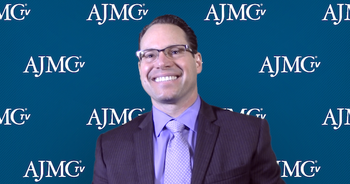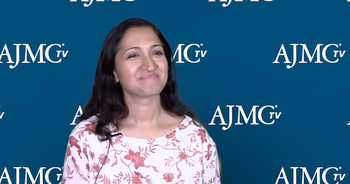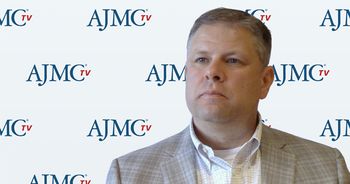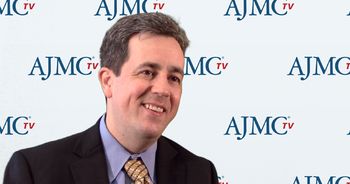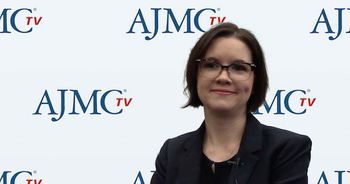
Accountable care organizations (ACOs) face a learning curve before they start achieving savings. David Carmouche, MD, president of the Ochsner Health Network and executive director of the Ochsner Accountable Care Network, explains how the Ochsner ACO was able to find success and how other ACOs can get over the learning curve to achieve savings.





